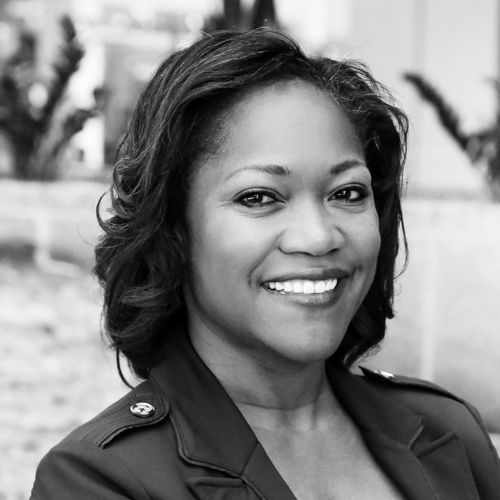Perhaps it’s only fitting that an alumnus of the University of Notre Dame, whose “Fighting Irish” sports program is one of the most recognized and competitive in the nation, would land a legal role at Learfield Communications. Based in Plano, Texas, the company is dedicated to helping universities leverage their sports brands to gain sponsorships from and build partnerships with major companies across the United States.
John Raleigh joined Learfield Communications as chief legal officer and head of business affairs in 2015 after a long tenure as general counsel with talent management company IMG in New York City. Sports makes up a significant portion of IMG’s portfolio, so the segue to Learfield was a smooth transition.
Charged with providing comprehensive oversight and management of the company’s legal affairs, Raleigh leads both the in-house legal team and outside counsel. Learfield Communications selected him in view of his vast experience of nearly twenty years at IMG as well as with Ohio-based law firm Squire, Sanders & Dempsey.
And Raleigh’s arrival at Learfield could not have come at a better time, as the company was coming on the heels of a tremendous growth spurt. Learfield was founded in 1972 as a farm radio network. Three years later, the fledgling company made its first foray into sports, distributing the radio rights for the University of Missouri, which is still a partner with Learfield to this day.
With the business having been defined, a dedication to growth and innovation followed. The company began to offer an integrated package—tickets, on-site hospitality, signage, and radio advertising. Sponsorships are also on the creative side. In 2004, Learfield connected Allstate Insurance with more than eighty schools. Every time a kicker at one of those schools attempts a field goal or an extra point, a net in the end zone with the Allstate logo is ceremoniously hoisted.
Following the 2008 financial crisis, demand for the selection of services Learfield provides surged. Fans and alumni had tighter pockets and bristled at any discussion of raising ticket prices. Donors weren’t quite as flush and declined a bit. State budgets were being cut, so the pipeline of endowments and appropriations the programs were accustomed to rely on narrowed. They badly needed another source of revenue, and Learfield’s ability to connect them with the deep pockets of the corporate world fit the bill. The company seized the moment and ran with it.
Fast forward to 2014 and the activity begins to further exceed expectations. Within six months, the company made three major acquisitions in one fell swoop nearly doubling its portfolio of college partners by adding licensing, merchandising, and marketing brand services. This also allowed it to offer web, social media, design, and mobile content services to the brands it works with. Other strategic moves gave the company a hand in stadium concessions, hospital services, ticket sales, and online streaming.
From its humble beginnings, Learfield had now become a multipurpose market leader, with all the complexity that comes with it. Raleigh found himself helming legal for a company with 1,300 employees that manages multimedia rights and sponsorships for nearly 130 universities, conferences, and arenas globally. Not two years after his arrival, he was conducting M&A work for an acquisition of GoVision, which provides jumbotrons for major sports tournaments. Some months later, he was working on a sale to New York private investment firm Atairos, a deal estimated to be worth roughly
$1.2 billion. It was also the third sale in five years.
Raleigh has barely had time to catch his breath, as activity continues unabated. In June 2017, Comcast sold its event-ticketing unit to Learfield, expanding the company’s footprint in that area. And the big deals with college programs keep on coming. In the same month, the University of Nevada at
Las Vegas inked a ten-year, $57 million deal with the company, which will manage the university’s coach’s shows, digital platform, TV, and radio broadcasts.
For such a dynamic organization, you never know what the future holds. But Raleigh has seen enough to know that, in this game, there is no finish line.
From Farm Radio to Major Corporation
The history of Learfield Communications dates back to 1972, when the company was just starting out as a farm radio network heard over six Missouri radio stations. Back then, it operated under its original name Missouri Network by cofounders Clyde Lear and Derry Brownfield.
In 1975, the company ventured into sports as the radio rights distributor for the University of Missouri. To this day, with about 1,300 employees, Learfield is a diverse media enterprise anchored by its core collegiate business managing multimedia rights and sponsorship initiatives for about 130 institutions, conferences, and arenas nationwide. Much of the company’s evolution in recent years can be attributed to Learfield’s strategic growth plan, which was unveiled in December 2011. This plan brought majority ownership investments from Shamrock Capital and Providence Equity Group.


